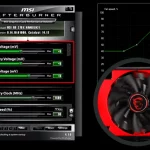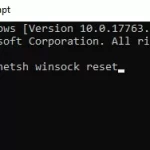In the world of computers, there are plenty of different operating systems. However, not all operating systems are created equal. For example, a single-user operating system is designed to provide an individual user with a certain type of experience. Single-user operating systems can vary widely from other types of OS because they have been specifically tailored for that one person and their needs. In contrast, multi-user or group OSes have been built for more than one person or people who share things in common – like similar backgrounds or interests.

The operating system is in charge of a variety of functions and is generally one of the most important applications on a computer. It controls memory usage and other resources, as well as hardware connectivity and the proper execution of other programs. There are various types of operating systems, but the most frequent is the single-user product.
A single-user operating system that runs one program at a time is designed for use with a computer or electronic device that will only run one application at a time. This form of operating system is widely used in smartphones, two-way messaging devices, and other similar products. Because a single-tasking operating system may only run one program or application at a time, it is not as useful for a computer or other gadget designed to execute numerous programs concurrently.
A single-user OS isn’t useful if you’re looking to share your computer with someone else since it’s made without taking into account how multiple users might interact on the same device at once. It also doesn’t make for a great multi-user OS because it’s not really designed with the needs of more than one person in mind.
That said, they can be extremely useful when you’re looking for a personal computer experience. Plus, they do come in handy if you happen to run your own business or work from home and need certain things that only an individual user would use. Most single-user operating systems are built on top of existing multi-user platforms like Linux (although this isn’t always the case). They’re often quite light since most people don’t need all of the bells and whistles that bigger Oses have available – so it doesn’t take up much space or RAM at all.





